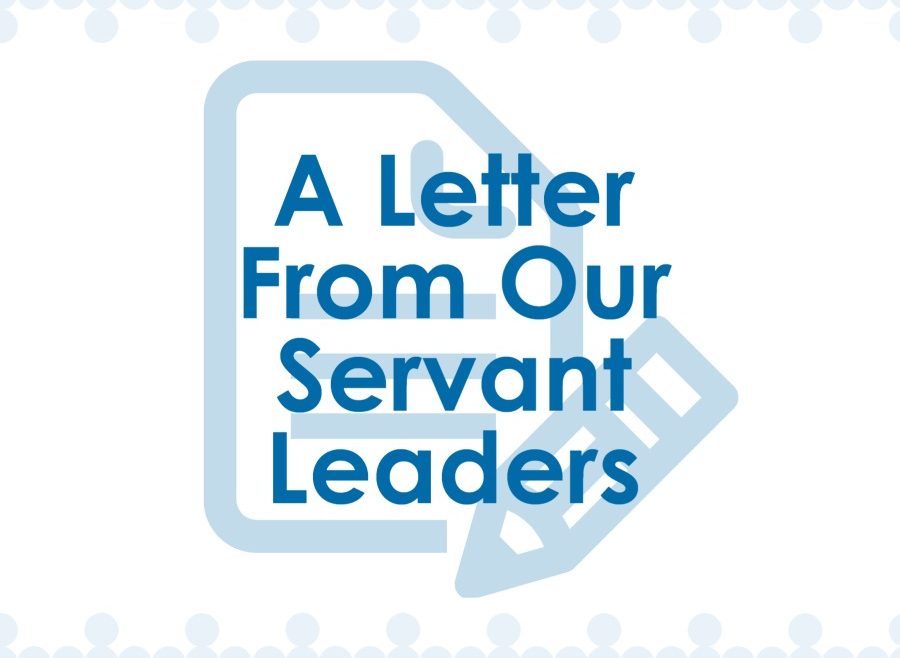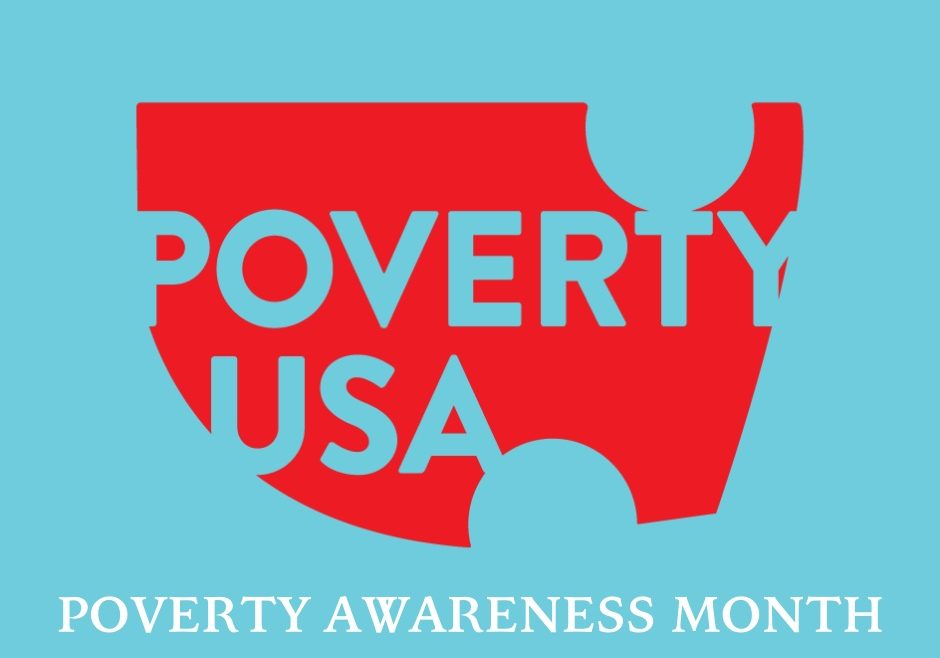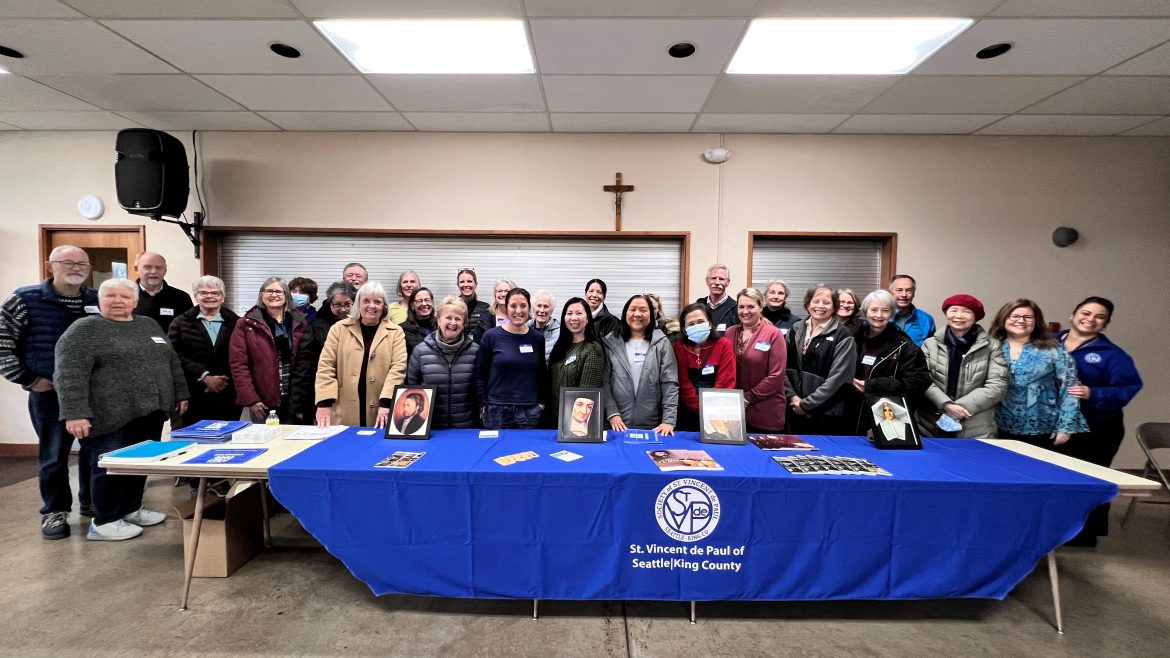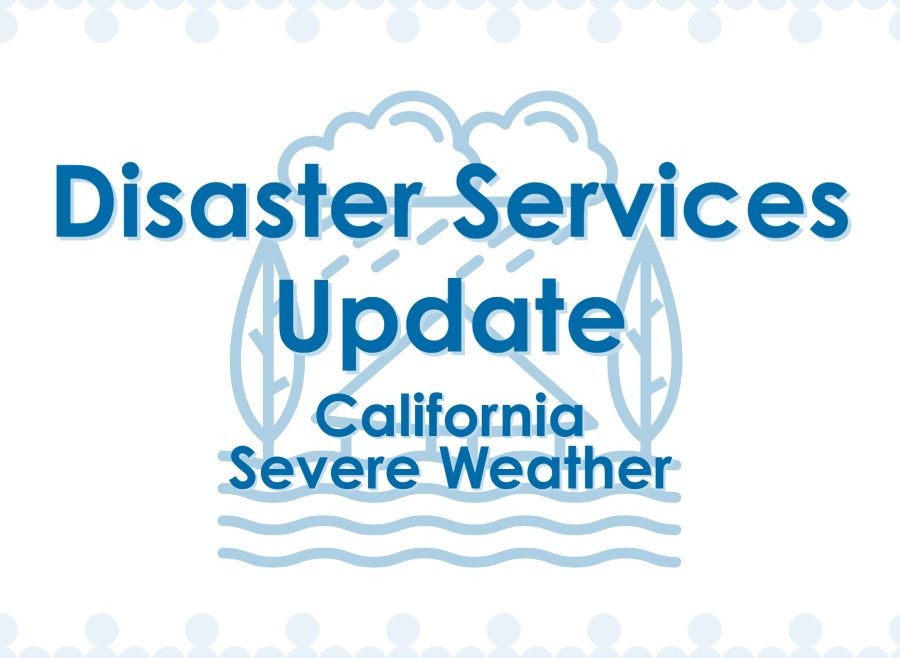What do these famous music albums have in common? Pink Floyd’s “The Dark Side of the Moon,” Paul McCartney and Wings’ “Band on the Run,” Stevie Wonder’s “Innervisions,” Marvin Gaye’s “Let’s Get It On,” Elton John’s “Goodbye Yellow Brick Road,” the Eagles’ “Desperado,” and Billy Joel’s “Piano Man?” Among many other well-loved albums, they all were released in 1973. In case you blinked, that’s now 50 years ago!
We still hear songs from these albums on the radio, as TV commercial backgrounds, and of course in retailers and elevators nationwide, even globally. While every generation’s favored music comes and goes, the music from this Baby Boomer period seems particularly lasting.
On the other hand, some of today’s young adults think that the Beatles played alongside Beethoven or Irving Berlin. Chuck Berry is considered more of a “classical music” historical figure than a musical influence. Some actually believe that Kanye West gave Paul McCartney his big break on a single just a few years ago. What’s old can indeed be new again, or at least a discovery for a new audience.
Earlier this month the Society participated in the Fellowship of College and University Students (FOCUS) giant SEEK event, with more than 17,000 mostly college students gathering in prayer, fellowship, and introduction to Catholic discernment and volunteer opportunities. Our Vincentians and Society staff talked with hundreds of young people about starting Society Conferences on college campuses and how to volunteer either at school or back home in their local Conferences.
A common message we heard is that while the student knew of the Society, and perhaps had a family member who is a serving Vincentian, they had never been asked to participate themselves. I began to think after a few of these conversations that we could grow our Society’s membership if we did nothing more than ask our own children and other relatives to join us!
Our children often learned about our generation’s music by listening to it with us in the car. Along the way, did we forget to tell them, or show them, what we do as Vincentians?
Likely, if you began your own Society service when you retired, your kids were already adults themselves. Their habits including volunteerism may have been formed, largely from their exposures as teens and young adults to what they saw around them. Some children, at any age, have an unintentional blind spot when it comes to their parents. They are certainly influenced by what they see and hear from parents, but they can be more influenced by a teacher, coach, Scout leader, or other adult who gave them a positive experience. Please consider this both as a parent or grandparent, but also in your dealings with young adults in any part of your life. You might not consider yourself a mentor, but your examples, character and, hopefully, your invitation to join the Society, can be incredibly impactful.
On Broadway they say that every performance is someone’s Opening Night, so the actors are encouraged to give their best every time. Don’t we owe our young relatives and friends this same enthusiasm and Vincentian example when we encounter – and invite them – into our Society path to Holiness and service to those in need?
Those albums from 50 years ago still play well today. So too does our mission after more than 175 years! So roll over Beethoven, and tell Tchaikovsky the news!
Yours in Christ,
Dave Barringer






 The session tackled the importance of reflective listening to hear the deeper needs of our neighbors and of each other in the Conference meeting. The orientation also offered significant points on “twinning” as a necessary spiritual practice that encourages Vincentians to act as One Society, living, sharing, and growing Spirituality together in service to our most vulnerable neighbors and to each other as Conference members.
The session tackled the importance of reflective listening to hear the deeper needs of our neighbors and of each other in the Conference meeting. The orientation also offered significant points on “twinning” as a necessary spiritual practice that encourages Vincentians to act as One Society, living, sharing, and growing Spirituality together in service to our most vulnerable neighbors and to each other as Conference members.
